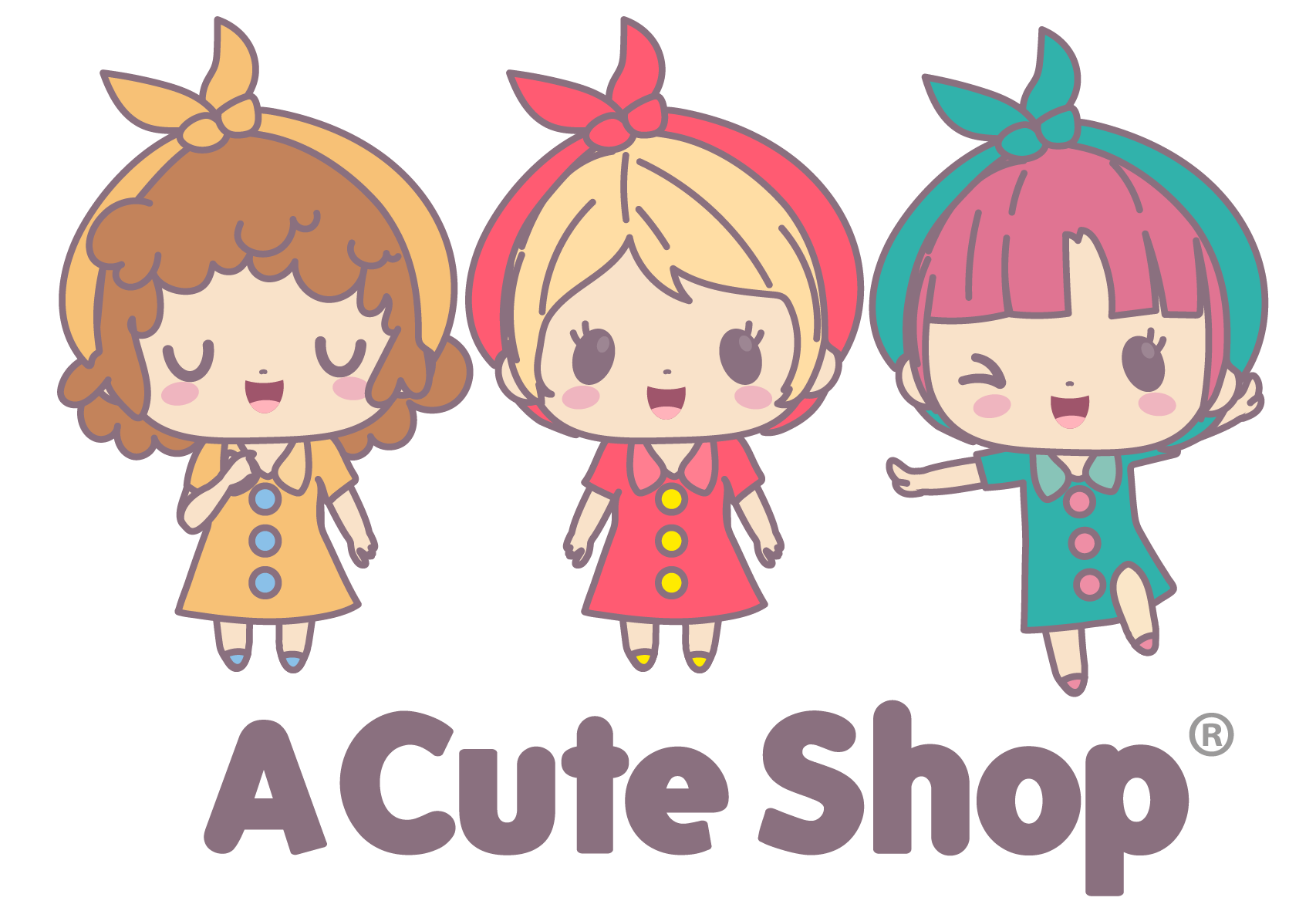The 92-year-old founder of Hello Kitty is handing the business to his grandson
Shintaro Tsuji will retire as Sanrio chief executive on July 1, the company said in a statement Friday. Tomokuni Tsuji, 31, would take over to "ensure efficient decision making," it added. Shintaro will remain as chairman.
Shintaro founded Sanrio as the Yamanashi Silk Center gift shop in 1960, and changed its name to Sanrio in 1973. Sanrio was one of the first Japanese companies to see potential in the character licensing business — and Hello Kitty is by far its most popular and profitable creation.
Sanrio, meanwhile, has grown into a retail and entertainment behemoth with amusement parks and restaurants in Japan, the United States and the United Kingdom.
Tomokuni Tsuji, meanwhile, already has a special connection with Hello Kitty: They share the same birthday, November 1. Tomokuni is 14 years younger.
Sanrio fans are already comparing the new CEO to the Sanrio character Pompompurin, a beret-clad golden retriever.
One tweeted that Tomokuni "was the perfect image for Sanrio."
Despite Hello Kitty's enduring popularity, earnings at Sanrio have been under pressure for years. For the year ended March, net profits plunged 95% from the previous year to 191 million yen ($1.8 million), due largely to a drop in merchandise sales and the closure of its theme parks. Sales fell 6.5%, and the Sanrio Puroland theme park in Tokyo — also known as Hello Kitty Land — remains shut after closing in February due to the coronavirus pandemic. The park is scheduled to reopen July 20.
Family-run businesses in Japan often pass on the reins to their eldest sons. The founder's son, Kunihiko, died in 2013 from heart failure, according to the company.
[ad_2]
Source link
| M | T | W | T | F | S | S |
|---|---|---|---|---|---|---|
| « Nov | ||||||
| 1 | 2 | 3 | 4 | 5 | 6 | 7 |
| 8 | 9 | 10 | 11 | 12 | 13 | 14 |
| 15 | 16 | 17 | 18 | 19 | 20 | 21 |
| 22 | 23 | 24 | 25 | 26 | 27 | 28 |
| 29 | 30 | |||||
- November 2023
- October 2023
- September 2023
- August 2023
- July 2023
- December 2022
- November 2022
- October 2022
- September 2022
- August 2022
- July 2022
- June 2022
- May 2022
- April 2022
- March 2022
- February 2022
- January 2022
- December 2021
- November 2021
- October 2021
- September 2021
- August 2021
- July 2021
- June 2021
- May 2021
- April 2021
- March 2021
- February 2021
- January 2021
- December 2020
- November 2020
- August 2020
- July 2020
- May 2020
- April 2020
- July 2019
- March 2019
- February 2019
- December 2018
- November 2018
- October 2018
- September 2018
- July 2018
- May 2018
- November 2017
- June 2017
- May 2017
- March 2016
- February 2016
- November 2015
- October 2015
- August 2015
- July 2015
- June 2015
- May 2015
- April 2015
- January 2015
- September 2014
- July 2014
- June 2014
- May 2014
- April 2014
- March 2014
- February 2014
- January 2014
- December 2013
- November 2013
- June 2013
- April 2013
- March 2013
- February 2013
- November 2012
- June 2012
- May 2012
- December 2011
- November 2011
- November 0201


